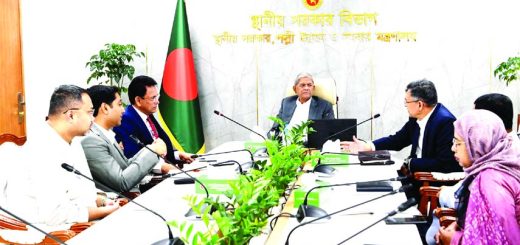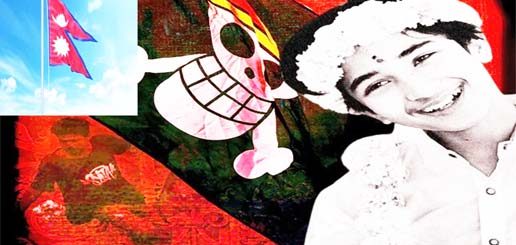Stress on economy deepens further
Staff Reporter :
The stress on the country’s economy has intensified as all financial indicators are now trending downward, largely due to the ongoing conflict situation.
The nation is facing its most severe economic challenge in decades, characterised by high inflation, a decline in exports, a dollar crisis, and a failure to meet revenue collection targets.
Moreover, the country is grappling with a significant image crisis as the conflict has resulted in over two hundred unusual deaths nationwide.
The deadly strife, centred on the quota reform movement, has brought economic activities to a standstill.
Port operations, banks, insurance companies, financial institutions, garment factories, and shops have all been closed.
In response to the situation, the government imposed a nationwide curfew and a total internet blackout.
This exacerbated the existing crisis caused by the anti-quota movement, further entrenching the economic difficulties.
Economists have warned that these destructive activities pose an extreme threat to business and the overall economy, making it challenging to recover from the financial losses.
They further stated that the employment and investment have been stagnating for several years due to the financial crisis. Although the economy was beginning to rebound, the violence during the student protests has sent negative signals to foreign buyers.
Additionally, the government has implemented a contractionary monetary policy for the first half of the current fiscal year to control inflation. As a result, opportunities to increase credit flow to the private sector are limited.
Dr Zahid Hussain, former lead economist at the World Bank Dhaka office, told The New Nation, “The country’s economy is under immense pressure due to the prevailing unusual situation. With the curfew still in place, it is impossible to conduct business activities.”
He added, “The impact of these economic losses will be more severe than the Covid-19 pandemic, especially given the internet outage and the total shutdown during the clashes. This incident will undermine foreign buyers’ confidence and tarnish the country’s image.”
Dr Hussain also noted, “The prices of consumer goods are likely to rise further in the coming months. Furthermore, new investments and employment opportunities may decrease, and Bangladesh risks losing export orders. Many companies are struggling to pay employees on time.”
Mohammad Hatem, Executive President of the Bangladesh Knitwear Manufacturers and Exporters Association (BKMEA), told The New Nation, “The country is facing one challenge after another. Almost all sectors of the economy have come to a virtual standstill due to the violence, internet blackouts, and curfews related to the quota reform movement.”
“Although business and industrial activities have resumed, the recent incidents have pushed the economy towards an even deeper crisis,” he added.
Zaved Akhtar, President of the Foreign Investors Chamber of Commerce and Industries (FICCI), estimated that the economic impact of the shutdown to be around $10 billion and rising.








